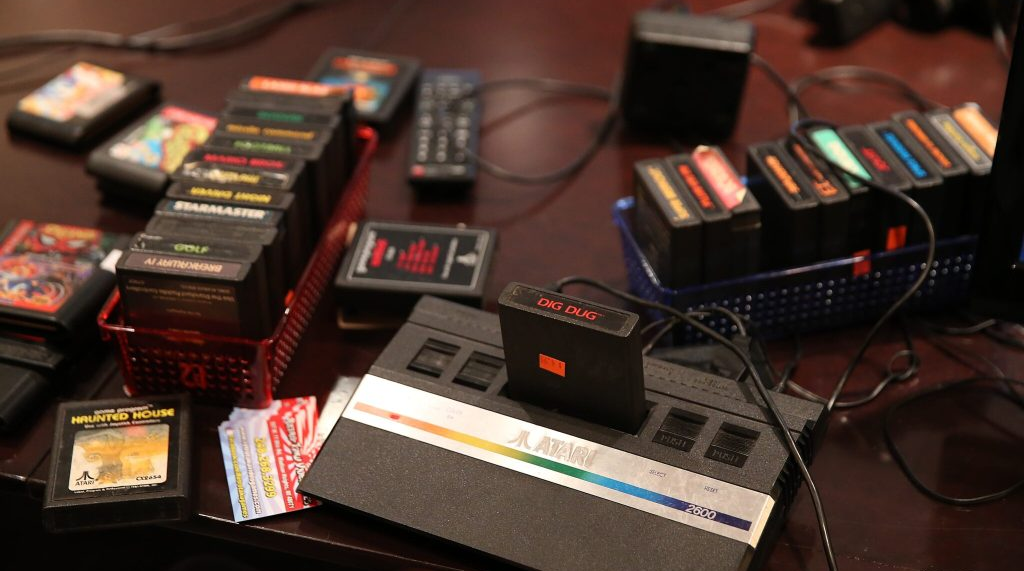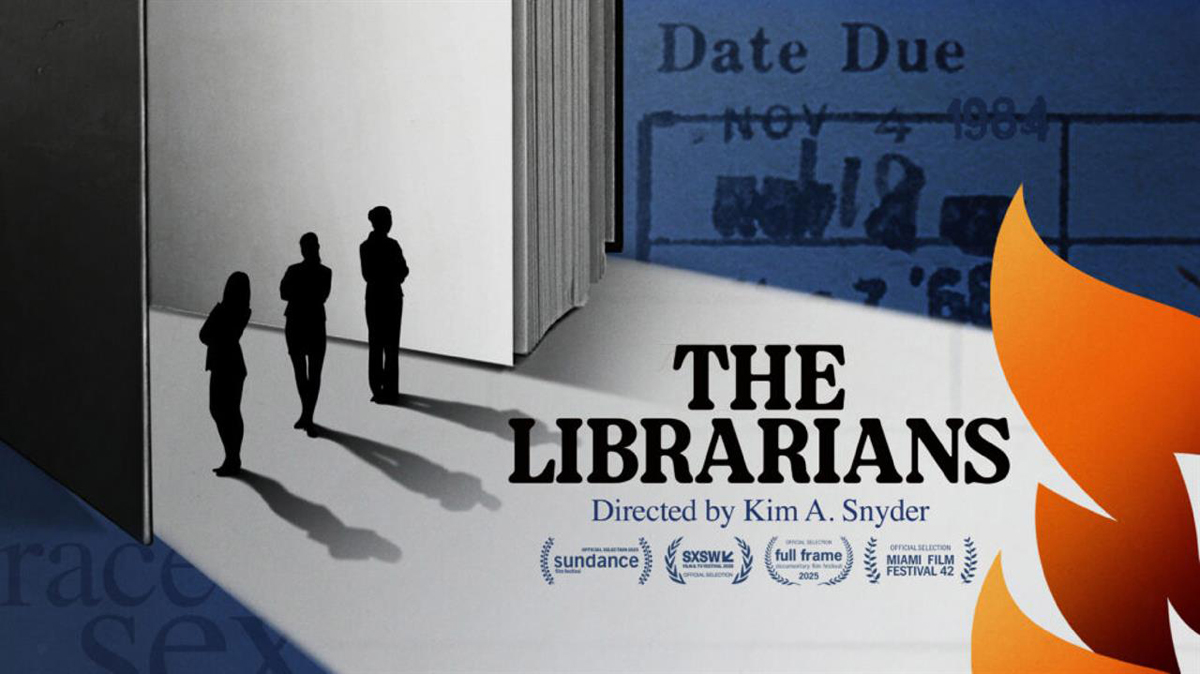It’s International Games Month (IGM)! Celebrated annually in November, IGM is an initiative that hopes to reconnect communities through their libraries around the educational, recreational, and social value of games. And we’re talking about all kinds of games, from fantasy adventures like Dungeons & Dragons and online roleplaying games to tried-and-true board games.
If you haven’t already guessed, we love videogames here at I Love Libraries-especially the older, first generation of home videogaming systems and their games. Atari, ColecoVision, Intellivision, Nintendo, Sega … Pong, Pitfall, Castlevania, Contra … the names take us back to our youth. Sadly, many of these systems and their games were discontinued decades ago and have become difficult to find, much less in working order. Thankfully, libraries, institutions, and archivists have stepped in to archive and preserve this essential element of gaming and pop culture history.
The Library of Congress (LC) is one of the most notable institutions working to collect, catalog, and preserve videogames. At its Packard Campus for Audio-Visual Conservation in Culpeper, Virginia, LC has more than 4,000 videogame cartridges and CD-ROMs amongst more than 1.1 million film, television, and video items, and almost 3.5 million sound recordings. LC also has a robust collection of thousands of videogame strategy guides and gaming periodicals.
LC has many of the usual suspects one would expect in a videogame collection, but also many rare and unusual outliers.
“One of the games I am particularly interested in from the educational collection is a game called Chop Suey which was designed by artist Theresa Duncan and features voice over narration from David Sedaris, long before he became a bestselling author and NPR staple,” said David Gibson, a moving image technician at LC and the collection’s steward. “The game was marketed to girls as an alternative to the violent titles that have always proliferated in the gaming market, but it does not talk down to anyone and in some ways plays like a mid-90s independent film. It’s just one of the unique and interesting titles that you don’t hear much about but that could potentially be a fascinating topic of study for some future researcher.”
The game canon
LC’s dedication to video games also led to its involvement-along with Henry Lowood at Stanford University-in the 2007 creation of the game canon: a list of video games to be considered for preservation by the library. Game canon is modeled on the efforts of the National Film Preservation Board, which produces an annual list of films that are subsequently added to the National Film Registry, also managed by LC.
Lowood was instrumental in the canon’s creation. From Video Game Canon:
“Lowood has served as the curator of the History of Science and Technology Collections at Stanford University since 1983. Thanks to this role, he’s been part of the growing field of Game Studies practically since its very beginning, and in 2006 he used his position to pitch a proposal to the Library of Congress about the importance of the academic study of games.
“Partly inspired by the National Film Preservation Board’s National Film Registry and his own efforts to preserve important game-related artifacts since 1998, Lowood asked for [LC’s] assistance in creating a “Game Canon,” a group of titles that would best represent the cultural and historical significance of video games. He got his wish a year later, and a committee … was formed to decide on the canon’s initial composition.”
The canon includes:
- Spacewar!, a 1962 space combat video game
- Star Raiders, a 1980 space combat video game
- Zork, a 1977 text-based adventure game video game
- Tetris, a 1985 puzzle video game
- SimCity, a 1989 a city-building simulation video game
- Super Mario Bros. 3, a 1988 platform game
- Civilization I/II, a 1991 (1996 for Civ II) turn-based strategy 4X video game
- Doom, a 1993 first-person shooter
- Warcraft series, a series of real-time strategy game that began in 1994
- Sensible World of Soccer, a 1994 football video game
The creation of the canon is “an assertion that digital games have a cultural significance and a historical significance,” Lowood told The New York Times. The video game canon has been updated and added to since its 2007 creation, but further work on preserving the canon by LC has yet to begin.
From collector to creator
Upping its involvement in the videogame realm, this year LC is moving from videogame collector to potential videogame “creator.” The Library of Congress Friends’ Choice Civics Video Game Challenge encourages videogame developers to create games that will improve public knowledge of civics while featuring LC resources. The library plans to award $20,000 to the first-place winner, with $10,000 and $5,000 prizes for second and third place. The winning games will be hosted on LC’s site for use by the American public and the winners will be honored in a public ceremony. The deadline for entries is November 27, 2023. We can’t think of a better way to close out IGM. You can find details on the rules and information on how to enter here.
Image: pxfuel, CC0, via Wikimedia Commons




